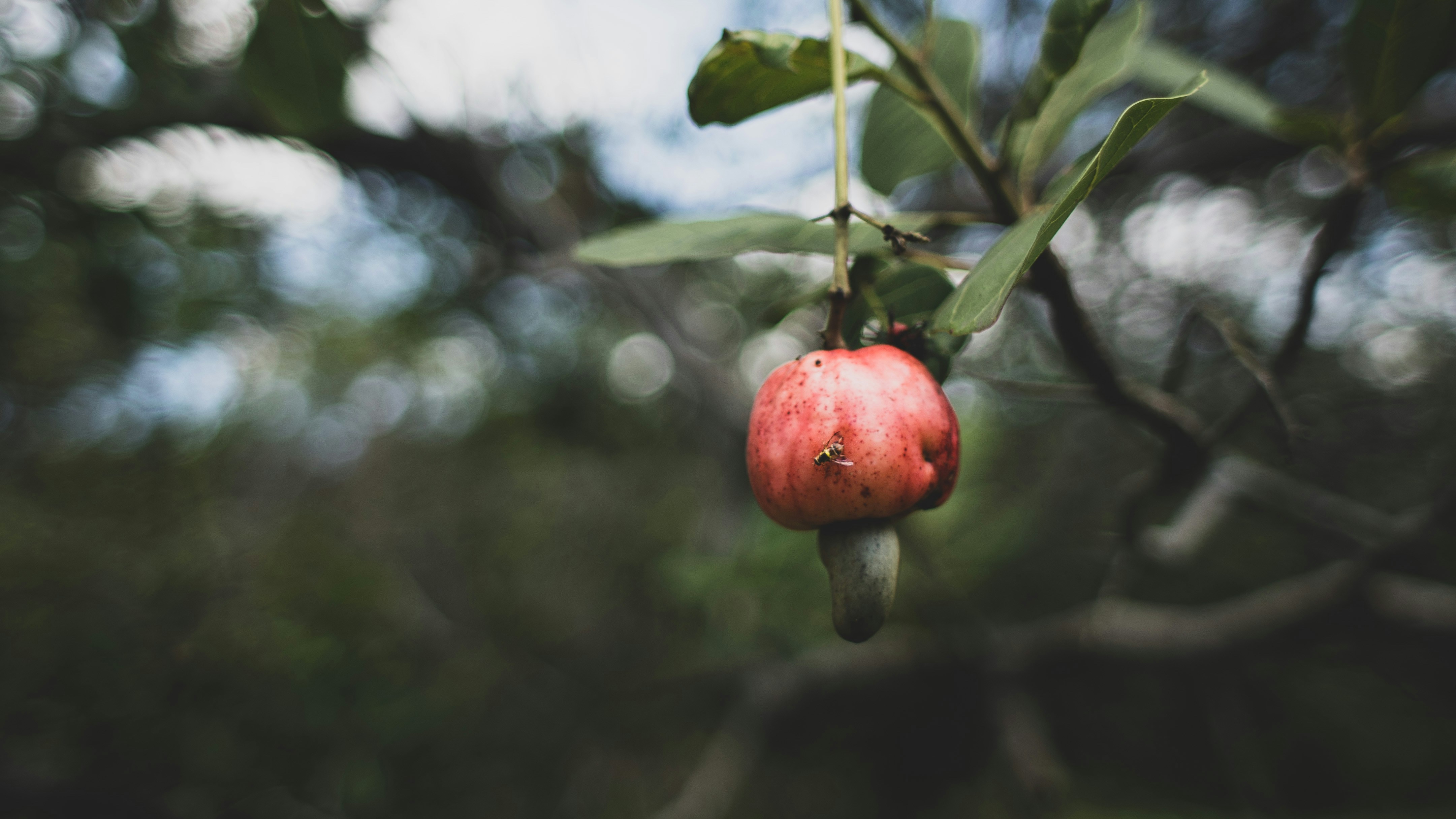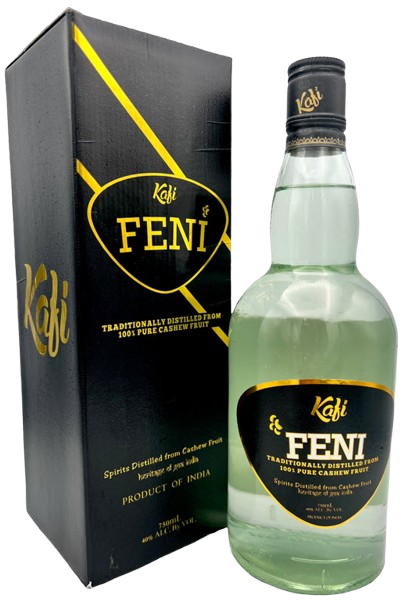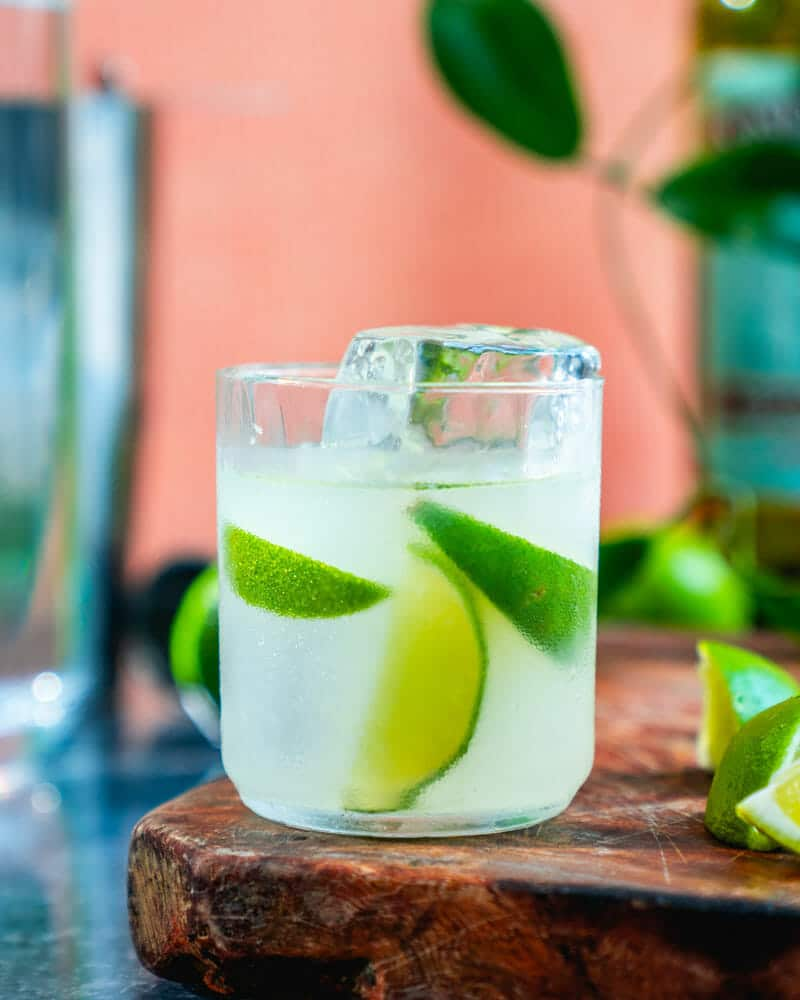
Subscribe to receive our daily tech reviews
Lorem ipsum dolor sit amet, consectetur adipiscing elit ut liqua purus sit amet luctus venenatis, lectus magna.
The Spirit of Goa: An American’s First Encounter with Feni
Travel opened the door, but the drink kept me coming back — Goa’s centuries-old spirit made from… cashews?

It was my first time in India. Never having been so far away from home, my nerves tugged me back, but my excitement and curiosity propelled me forward into an unforgettable trip. After a brief layover in Mumbai, I boarded a flight to Goa, the small coastal state known worldwide for its beaches and nightlife. What I didn’t yet know was how much of Goa’s story lives beyond its reputation as the “Ibiza of the East. “
A First Sip in Goa
I stayed at the Zuri White Sands, a sprawling five-star resort in Varca, South Goa. Tempted as I was to spend every waking hour exploring the grounds and indulging in its amenities, jet lag caught up with me on my first day, and nothing sounded better than an ice-cold drink to combat the sweltering heat. I slipped into the main pool and swam across the clear water to Blue Lagoon, the swim-up bar at the heart of the property.
Flipping through the cocktail list, one unfamiliar word kept appearing: Feni. The bartender explained that it was Goa’s very own local spirit, made from fermented cashew apple juice — the fleshy fruit that grows above the cashew nut. My jaw dropped slightly at his explanation. A spirit made from cashews? I could hardly believe it. But the disbelief quickly turned into excitement at the thought of indulging in something so remarkably unique, and so unmistakably Goan. I changed my order from a cocktail to a pour of the local spirit neat, determined to savor each sip.
The coastal spirit hit strong and fiery, then softened into a bloom of flavor I had never experienced before. I tried to compare it to rum or brandy, but nothing fit. The taste lingered long after I set the glass down. Not citrus, but more apple, and with a tropical sweetness like fruit left to ripen in the sun, rounded by subtle earthy and nutty notes. The bartender then offered me a ramekin of locally produced cashews, confidently assuring me that I had never tried cashews quite like these before. Goa’s cashews are famous for a reason. They are rich, buttery, with a faint sweetness that mirrors the drink. The tropical climate and fertile soil make them larger, plumper, and more flavorful than any I’d tried before. Together, the cashew and the spirit told the same story: rooted in Goa, intertwined, and distinctly Desi in flavor. What followed was simple: more feni, and more cashews.
For your Bar Cart
While I couldn’t find the exact Feni I had in Goa since it came from a small local producer not available in the States, I’ve found a distiller that captures the same authentic taste. And after tasting it neat and passing around plenty of cocktails, I know this bottle deserves a spot on your bar cart.
Kafi Feni: Shop now at Total Wine $31.99

Producer: Spirit of India
Origin: Goa, India
Style/Spirit Type: Cashew Apple Feni
Price: $31.99 (750ml)
Tasting Notes
- Nose: ripe tropical fruit, floral lift, hint of cashew
- Palate: clean fruit, light spice, gentle warmth
- Finish: smooth, crisp, lingering fruit
Kafi Feni has a bright, fruit-driven character with just enough edge to stand apart from European brandies or Cognac. Distilled in small copper pot stills, it keeps more of its raw fruit character, giving it an authentic, bold, and earthier profile that’s instantly recognizable. It goes down smooth on its own and works just as well in cocktails. I keep a bottle on my cart because each sip brings me back to the Zuri White Sands, that Goan oasis where I first discovered Feni, and because it’s versatile enough to enjoy neat, with a single mixer, or in a proper drink.
If you don’t have Limca on hand, the Indian lemon-lime soda that’s the classic Goan mixer (and one I regret not hauling back in my suitcase), try the Goan riff on a caipirinha by swapping Brazilian cachaça for Feni.
Feni Caiprinha (Goan Style)

Ingredients
- 2 oz Kafi Feni
- 1 lime (cut into wedges)
- ¾ oz simple syrup (1:1 sugar to water)
- Crushed ice
Method
- Place lime wedges in a glass and press gently to release juice and oils.
- Add simple syrup and Feni
- Fill with crushed ice. Stir until the drink is cold and mixed through.
- Serve in a tumbler or a Tom Collins glass, rustic style, with the muddled lime left in.
The Future of Feni
Feni has been produced in Goa for hundreds of years and even carries a Geographical Indication tag – a designation that identifies a product as originating from a specific place, placing it alongside Scotch whisky or Cognac as a product tied to its land. For Goans, it’s a culturally ingrained spirit poured at weddings, festivals, and family tables.
Feni is moving into a new chapter, and it feels like the right moment. Producers are pushing it beyond the villages and into the wider world. They talk about it the way tequila or mezcal was once described in the U.S. — rustic and authentic, maybe unfamiliar at first to those unaccustomed to the flavor, but a spirit bound for the spotlight once people catch on.
Feni may be deeply rooted in Goan history and culture, but it is also a drink in transition. It holds its heritage close, bartenders are adapting it to modern tastes, and I think it is long overdue to stand alongside the major categories we see on back bars and liquor shelves around the world. However you drink it, Feni carries the taste of Goa itself, a flavor and culture worthy of recognition far beyond India’s shores.





